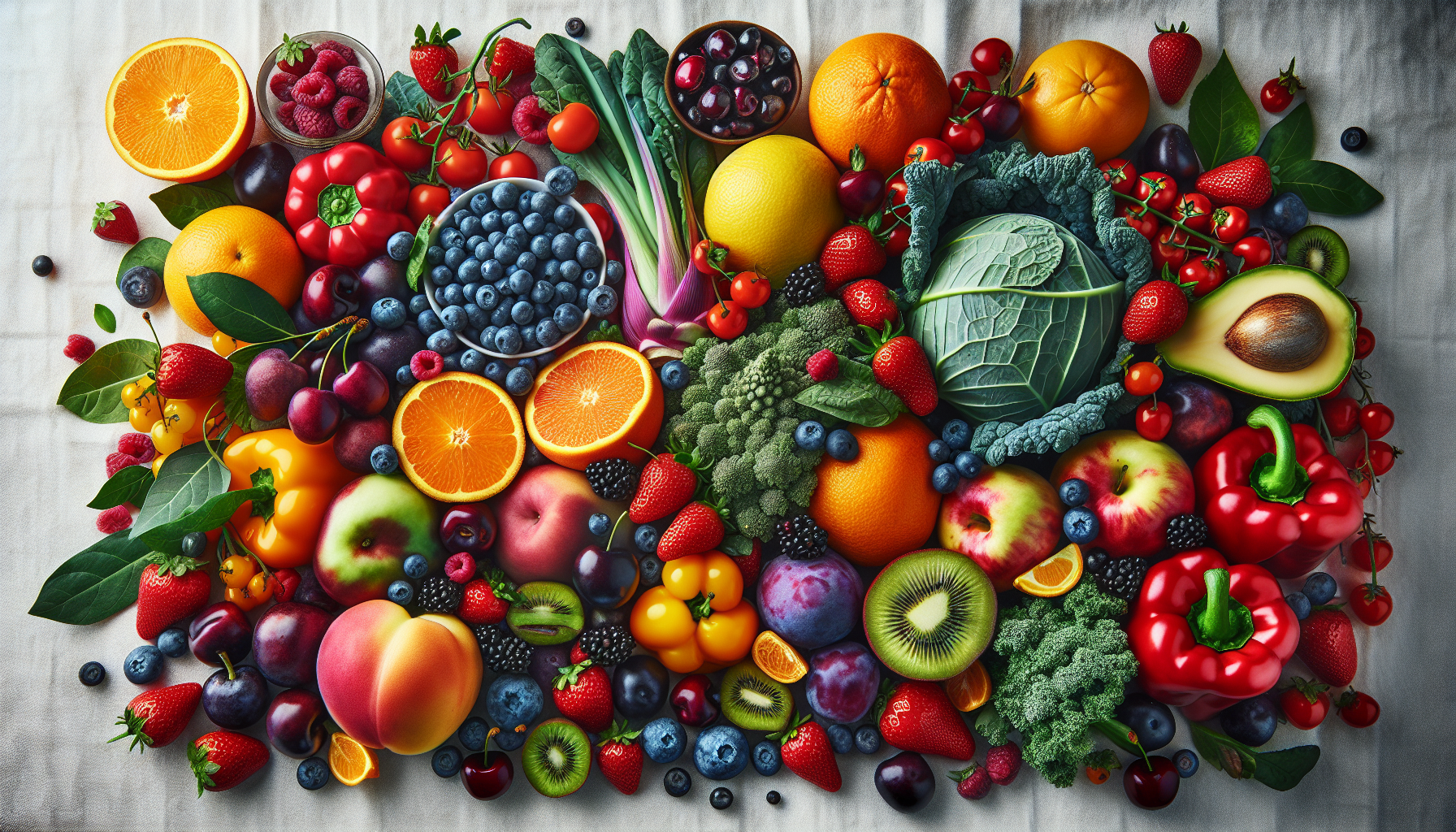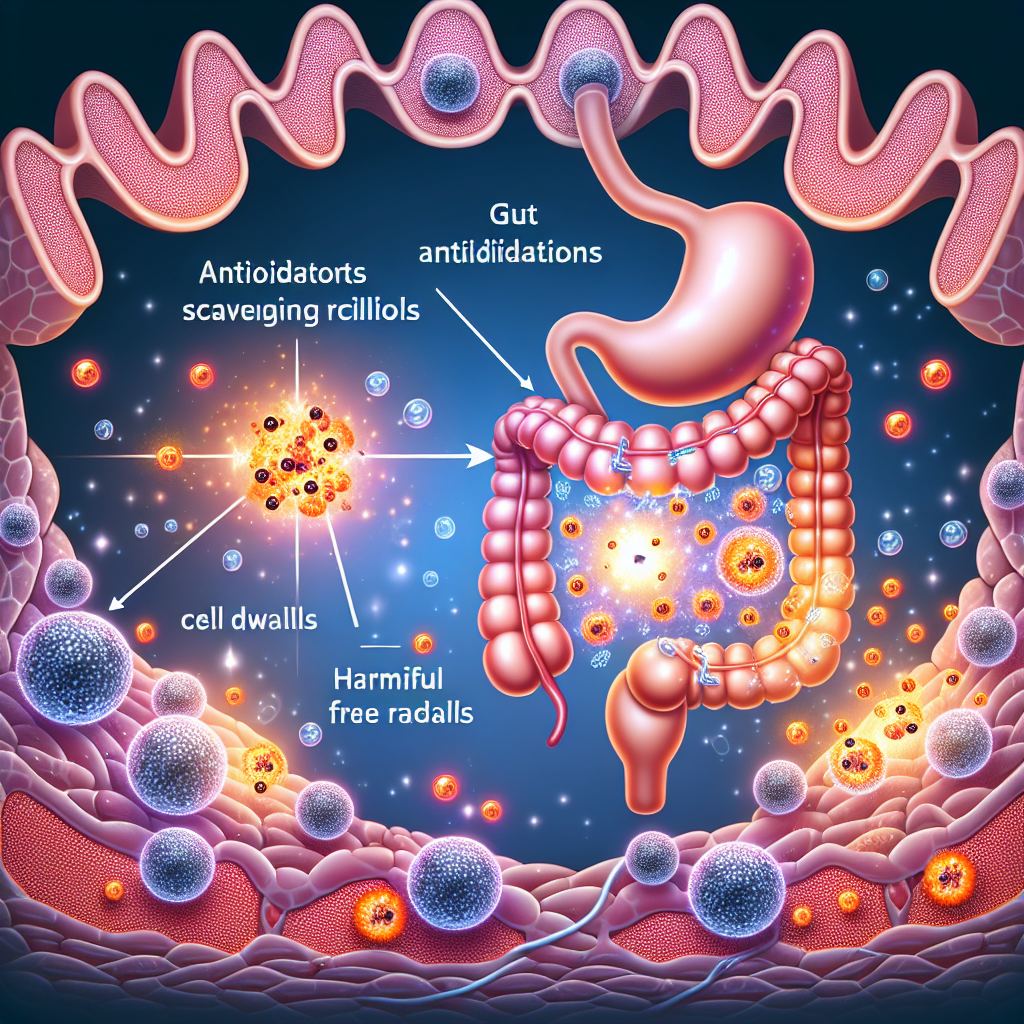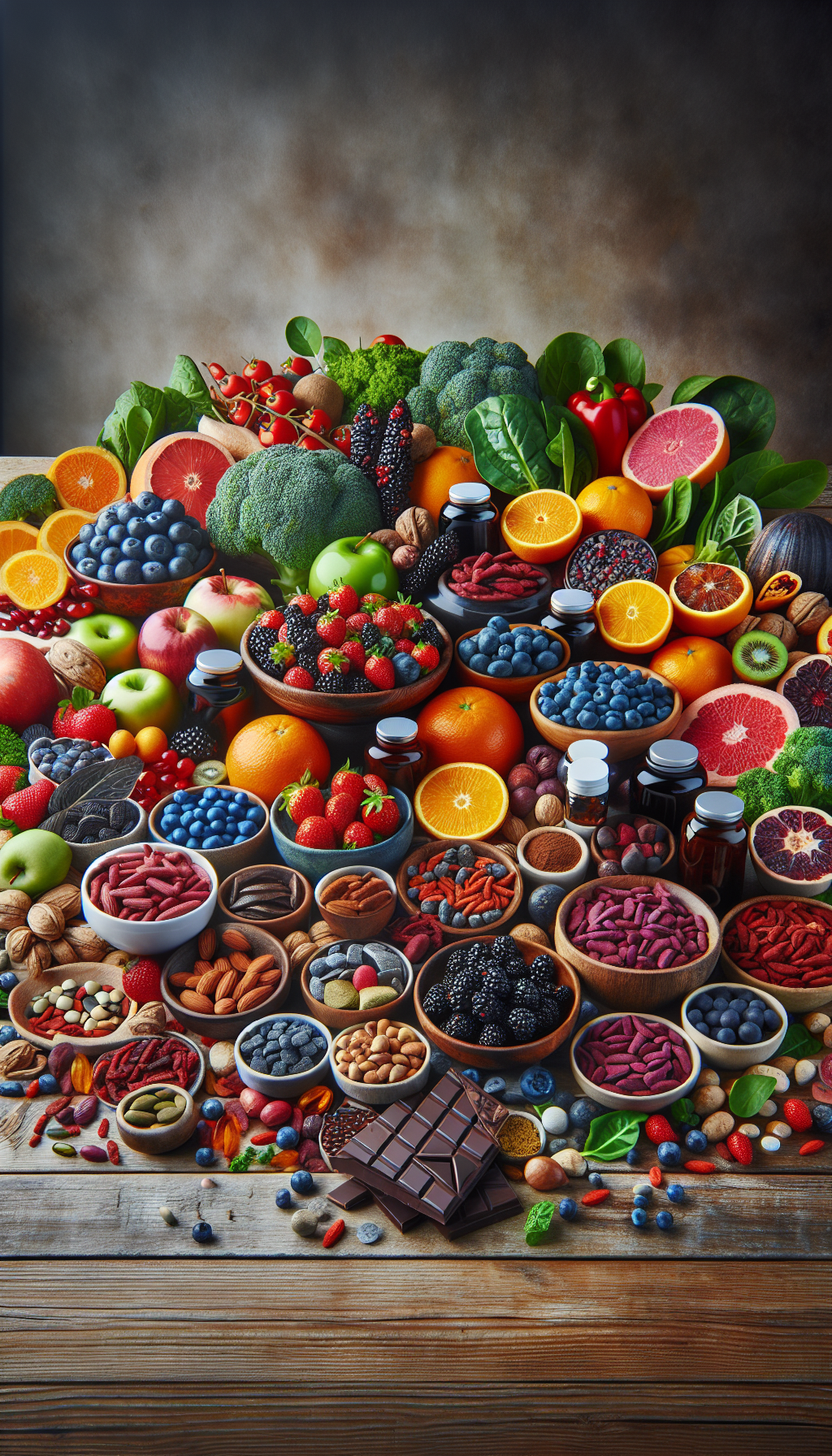In the pursuit of optimal health, the condition of the gut mucosa rarely takes center stage in mainstream discussions. Yet, it is the cornerstone of a robust digestive system and, by extension, overall well-being. A healthy gut mucosa ensures efficient nutrient absorption, serves as a barrier against toxins, and provides a habitat for the gut microbiome. But how do we maintain or restore the health of this vital tissue? One word: Antioxidants.
Understanding the Gut Mucosa
The gut mucosa is a layer of cells lining the digestive tract. This lining is the body’s first line of defense against harmful substances and pathogens ingested with food. The mucosal barrier is also home to a complex ecosystem of bacteria known as the gut microbiome, which plays a pivotal role in digestion, immunity, and even mental health. For the mucosa to perform these functions effectively, it must remain intact and healthy.
Antioxidants: The Protectors of Gut Mucosal Integrity
Antioxidants are compounds that inhibit oxidation, a chemical reaction that can produce free radicals, leading to cell damage. They are found abundantly in fruits and vegetables, as well as in other foods like nuts, grains, and some meats and fish. The role of antioxidants in maintaining gut mucosal health is twofold: they strengthen the mucosal barrier and support the gut microbiome.
Strengthening the Mucosal Barrier
Free radicals can weaken the gut mucosa by damaging the cells that comprise it. A diet rich in antioxidants helps to neutralize these free radicals, reducing oxidative stress and the risk of inflammation, which can compromise the mucosal barrier. This is where the synergy between antioxidants and gut health becomes evident. By preserving the integrity of the gut mucosa, antioxidants not only protect against diseases like irritable bowel syndrome (IBS) and inflammatory bowel disease (IBD) but also enhance nutrient absorption and overall digestive function.
Supporting the Gut Microbiome
The gut microbiome thrives in a balanced environment. Oxidative stress can disrupt this balance, leading to dysbiosis—a condition where harmful bacteria outnumber beneficial ones. Antioxidants help maintain this balance by preventing the overgrowth of pathogenic bacteria and supporting the growth of beneficial microbes. By doing so, they not only improve gut health but also bolster the body’s immune response.
Antioxidants in Action: Dietary Sources and Their Benefits
To harness the benefits of antioxidants for gut mucosal health, incorporating a variety of antioxidant-rich foods into the diet is crucial. Here are some key dietary sources:
- Vitamins A, C, and E: Found in colorful fruits and vegetables, these vitamins are potent antioxidants. For instance, leafy greens, bell peppers, and citrus fruits are excellent sources of Vitamin C, which can help repair and regenerate tissues, including the gut mucosa.
- Selenium: This mineral, found in Brazil nuts, fish, and eggs, has antioxidant properties that help protect the gut lining.
- Polyphenols: Present in berries, dark chocolate, and green tea, polyphenols can reduce inflammation and support a healthy gut microbiome.
For a deeper understanding of the relationship between dietary choices and gut health, explore the comprehensive resource on Digestive Health.
Antioxidant Supplementation and Gut Health
While a balanced diet is the best way to obtain antioxidants, supplementation can be beneficial in certain cases. Supplements like glutathione, coenzyme Q10, and curcumin are known to have antioxidant properties that support gut health. However, it’s essential to consult with a healthcare professional before starting any supplementation regimen.
External Resources Supporting Antioxidant Benefits
- The American Society for Nutrition provides a detailed overview of the types of antioxidants and their role in human health.
- The Linus Pauling Institute offers in-depth information on specific antioxidants and their impact on gut health.
- The National Center for Complementary and Integrative Health gives insights into the use of dietary supplements for overall wellness, including gut health.
Integrating Antioxidants with Other Gut Health Strategies
Antioxidants are a piece of the puzzle in maintaining gut mucosal health, but they work best when combined with other gut-healthy practices. Here are a few articles that complement antioxidant intake:
- Discover how Strategies to Manage Acid Reflux Without Medication can improve your gut mucosal health.
- Learn about The Benefits of Probiotic and Prebiotic Combination Therapies as a strategy alongside antioxidants for a healthy gut.
- Understand The Connection Between Gut Health and Chronic Fatigue and how antioxidants can play a role in managing these conditions.
Conclusion
Antioxidants are vital in preserving the health of the gut mucosa and, by extension, ensuring the body’s overall vitality. By combating oxidative stress and supporting the gut microbiome, antioxidants help maintain the structural and functional integrity of the gut lining. A diet rich in a variety of antioxidants, potentially complemented by supplements, can lead to significant improvements in gut health. Incorporate these nutrients into a holistic approach that includes mindful dietary choices, regular physical activity, and stress management for the best results in gut mucosal health.



